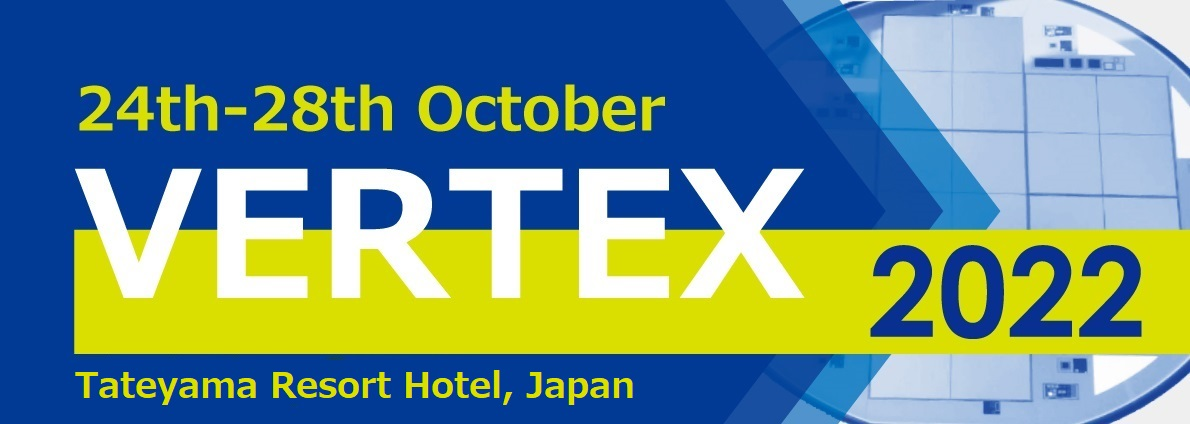Speaker
Description
The MALTA family of DMAPS produced in Tower 180 nm CMOS technology targets
radiation hard applications for the HL-LHC and beyond. Several process modifications and front-end improvements have resulted in radiation hardness up to 3e15 n/cm2 and time resolution below 2 ns, with uniform charge collection efficiency across the Pixel of size 36.4 × 36.4 𝜇m2 with a 3 𝜇m2 electrode size. The MALTA2 demonstrator produced in 2021 on high-resistivity epitaxial silicon and on Czochralski substrates implements a new cascoded front-end that reduces the RTS noise and has a higher gain. This contribution will show results obtained on MALTA2 sensors in beam tests of unirradiated and irradiated sensors and demonstrate timing resolution at the nanosecond level from the CERN SPS test-beam campaign of 2021. For future applications as tracking detectors at HL-LHC a new on-sensor hit time-tagging digital logic is currently being develop for the MALTA3 sensor to allow <1ns time-tagging of hits arriving from the asynchronously operated pixel matrix. The concept of this time-tagging sensor back-end will be presented at the end of the presentation.
| contact person e-mail | heinz.pernegger@cern.ch |
|---|
